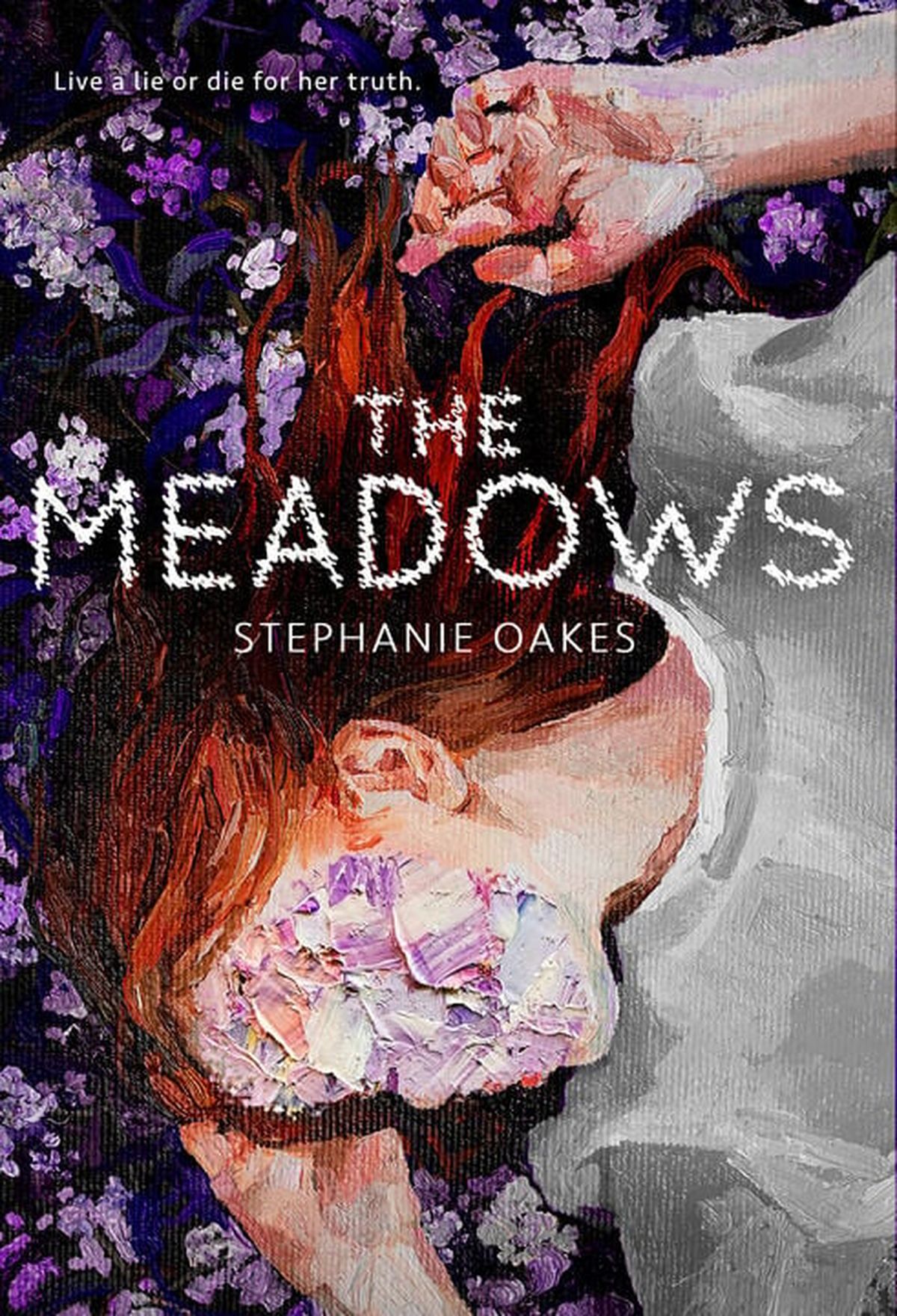Book review: ‘The Meadows’ is a thought-provoking look at dystopia

“The Meadows” by Stephanie Oakes is a heavy read. It is set in a chilling, dystopian world, similar to the worlds of “The Giver,” “The Handmaid’s Tale,” and even “The Hunger Games.”
In the novel, the earth has been wracked by climate disasters: wildfires, rising sea levels, radiation leaks. And in the wake of the environmental implosion known as the Turn, a governmental body known as the Quorum establishes itself, claiming to keep the people remaining safe. It establishes a new constitution to keep citizens in line with the laws of nature, to prevent the natural disasters that tore up the world.
These natural laws set in place a return to conservative ideals, marked by strict gender roles and idolization of the perfect family and sameness, shown with the repetition of the phrase “Praise family.” Women are restricted to being mothers and wives, banned from institutions of higher learning. Additionally, the Quorum claims to have eliminated the things that divide humans, such as religion and racism, while instead opting to eradicate any differences one could find between two people. Ethnic identities are forgotten, hair is straightened. And who doesn’t fit in these binding gender roles, the idyllic family? Those who love beyond boundaries.
Sameness in this world is brought about by schools advertised as a place where “the best and brightest go to burn even brighter.” These institutions beat little girls into the perfect shape of femininity, little boys into perfect men. The book follows one of these girls, Eleanor, who dreams of going to school, of being chosen, of being told she is special. But these schools serve only one purpose: Telling children that who they are is wrong and unnatural, and then reforming them.
The book recounts Eleanor’s time while in the Meadows and after leaving, in a flip-flop pattern between past and future. The effect can be entertaining, but is often rendered depressing – the first three quarters of the book are void of hope. With its back-and-forth structure, readers know the consequence long before they’ve seen the glimmer of hope that caused it. You know how a good chunk of the book ends, without knowing just how it ended.
But even with this overarching despair throughout most of the book, emotions are displayed in the most vibrant, poetic way. Oakes’ descriptive language when talking about anger (“she held her face still, somehow resembling a storm cloud, not yet unloosing its hail and rain and fury”), betrayal (“The betrayal sat like a peach pit in my throat”), love and all possible feelings in between kept me going.
“The Meadows” is a well-written, thought-provoking, heart-breaking, gut-wrenching book. It is in no way light-hearted. It doesn’t need to be. Tears were shed on my part – that was likely Oakes’ goal.
Sylvie Manz is a senior at Lewis and Clark High School.